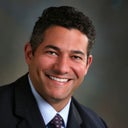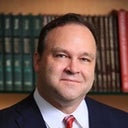How Long After Explant Can I Re-implant?
Dear Doctors, I was explanted with capsulectomy 7 days ago, at my request due to implants being too large (375g/dual plane) and thinking I could return to my previous state. My surgeon recommended a smaller implant, rather than explant. My choice was wrong, and I now wish to do as he advised and have smaller implants "redone"...how long do I need to wait for this procedure after explant? Many thanks!






